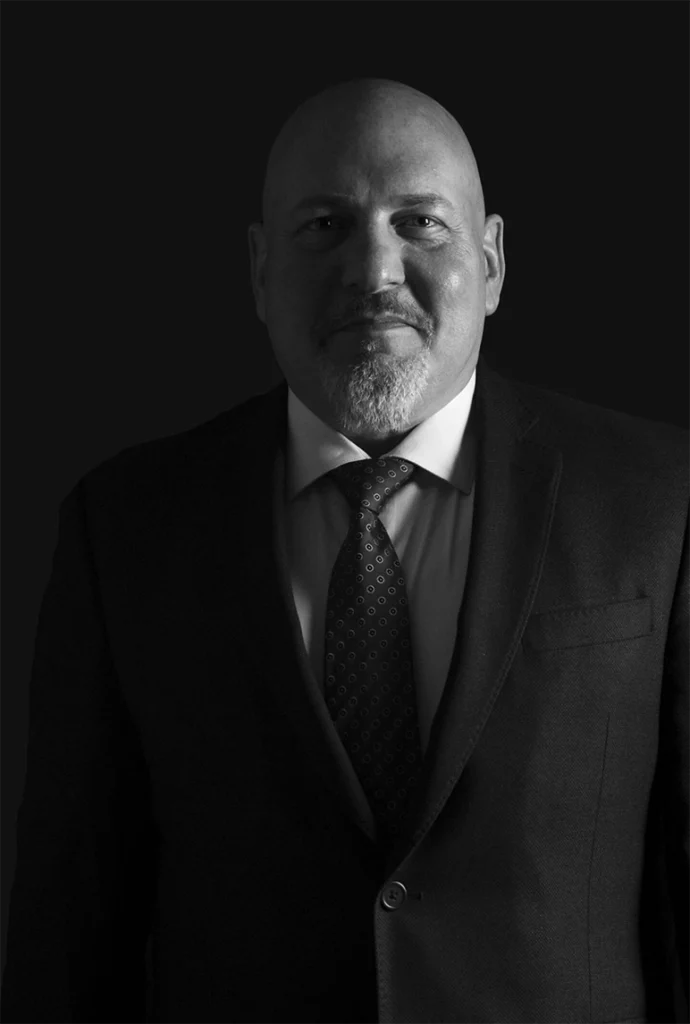We Go Beyond Guarding Workplaces - We're Committed to Protecting Lives.
OUR HISTORY
Designed & built in Washington State, USA.
We are engineers, scientists, assemblers, machinists, and technicians who have dedicated our careers to building the safest and easiest-to-use gas detection instruments. Founded in 1975, Interscan Corporation is internationally recognized as the go-to company for toxic gas detection instruments. Innovation is in our blood. From our patent-pending Interchange Sensor Replacement System to our industry-leading SensorExpress™ sensor replacement subscription service, our engineering and product teams are continually pushing the boundaries of what is possible in gas detection technology.
Interscan, along with Felix Instruments, is a member of the CID Bio-Science family of companies.

From The President
Driven by innovation and commitment, we at Interscan are dedicated to pioneering advanced gas detection solutions that safeguard employees, communities and industries, ensuring a safer, cleaner, and more sustainable world for future generations.
Leonard Felix



